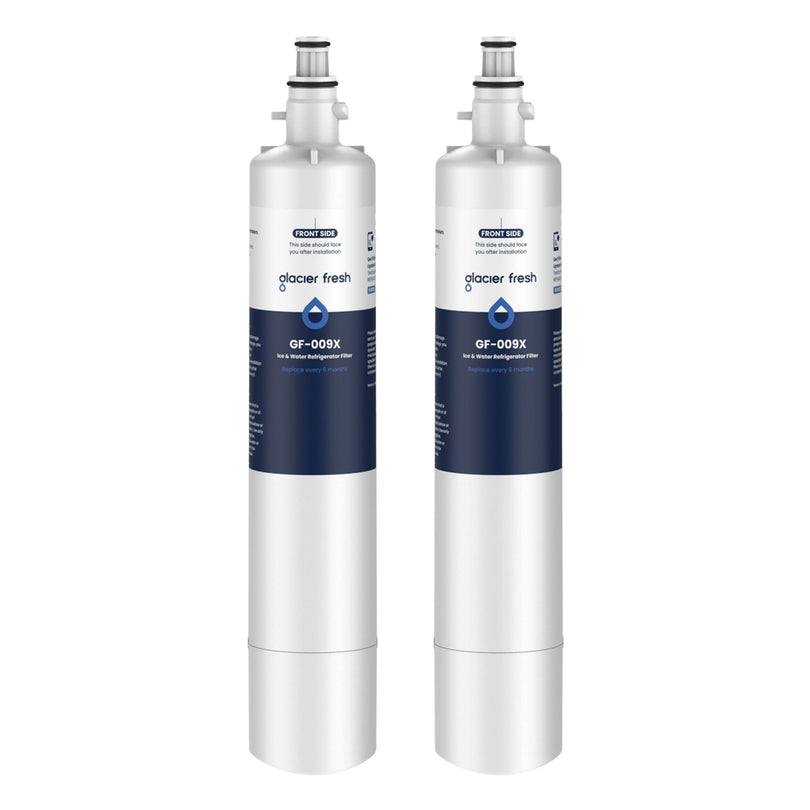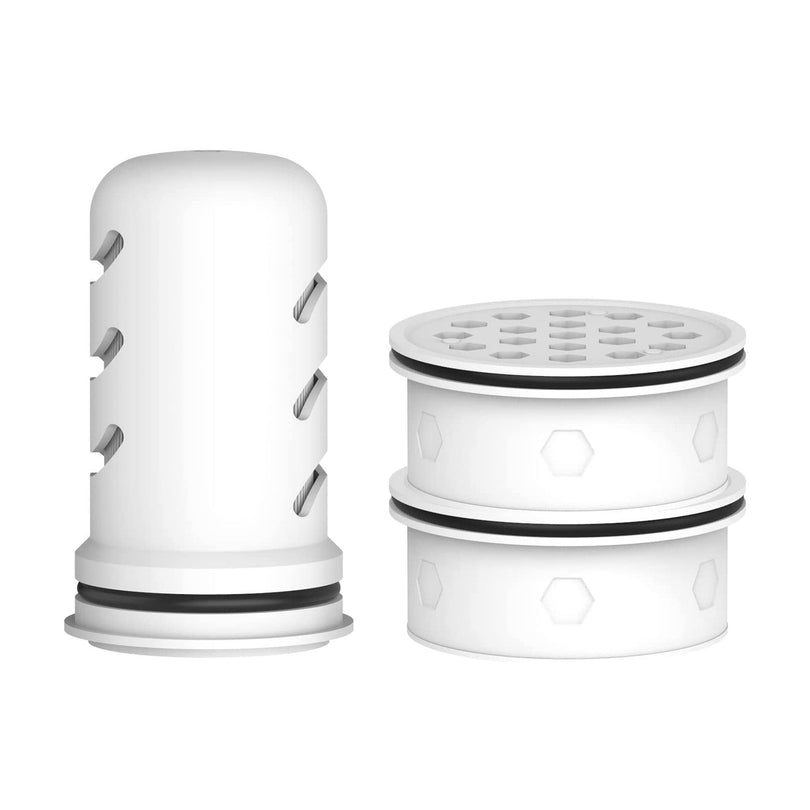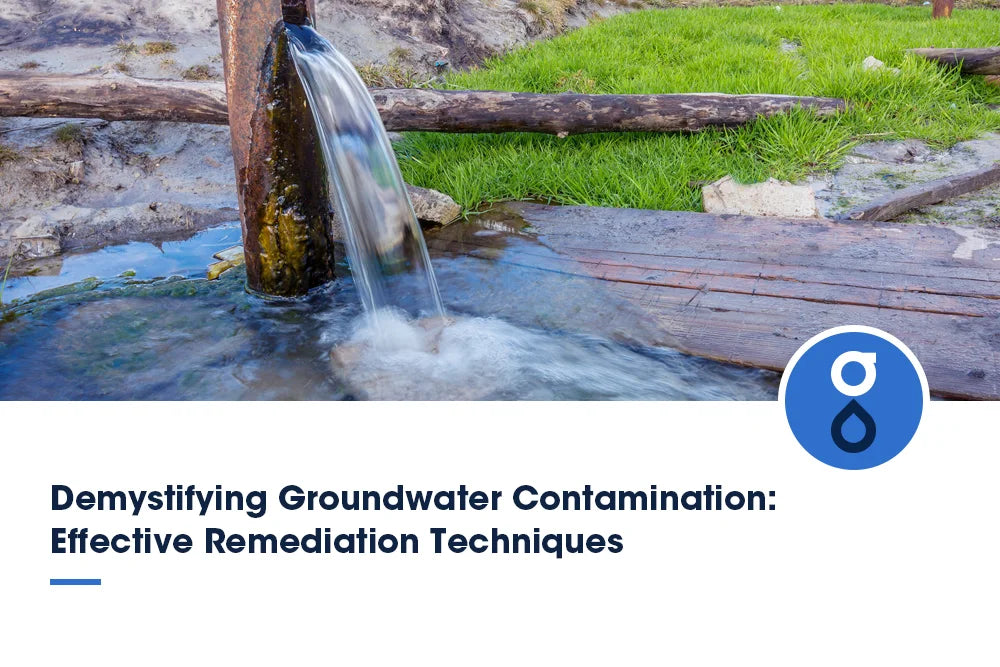Table of Contents:
Die Bedeutung des Zugangs zu sauberem und sicherem Trinkwasser
Wasserprobleme in verschiedenen Ländern
Methoden zur Wasserfiltration in verschiedenen Ländern
FAQs
Abschluss
Der Zugang zu sauberem Trinkwasser ist weltweit lebenswichtig, da 2,2 Milliarden Menschen keinen Zugang zu sicherem Wasser haben. Effektive Filterung ist entscheidend, um die vielfältigen Qualitätsanforderungen weltweit zu erfüllen. Unsauberes Wasser führt zu Gesundheitsproblemen wie Cholera und Durchfall, von denen Millionen betroffen sind. Gemeinsame Anstrengungen und innovative Lösungen sind erforderlich.
Traditionelle Methoden wie Abkochen und Chlorierung existieren, doch moderne Filtersysteme ermöglichen eine umfassende Reinigung. Manche Regionen bevorzugen Chlorierungsalternativen. Tragbare Technologien und Gemeinschaftsprojekte sorgen für Nachhaltigkeit. Erfahren Sie mehr über Wasserprobleme und -lösungen in verschiedenen Ländern.
Die Bedeutung des Zugangs zu sauberem und sicherem Trinkwasser
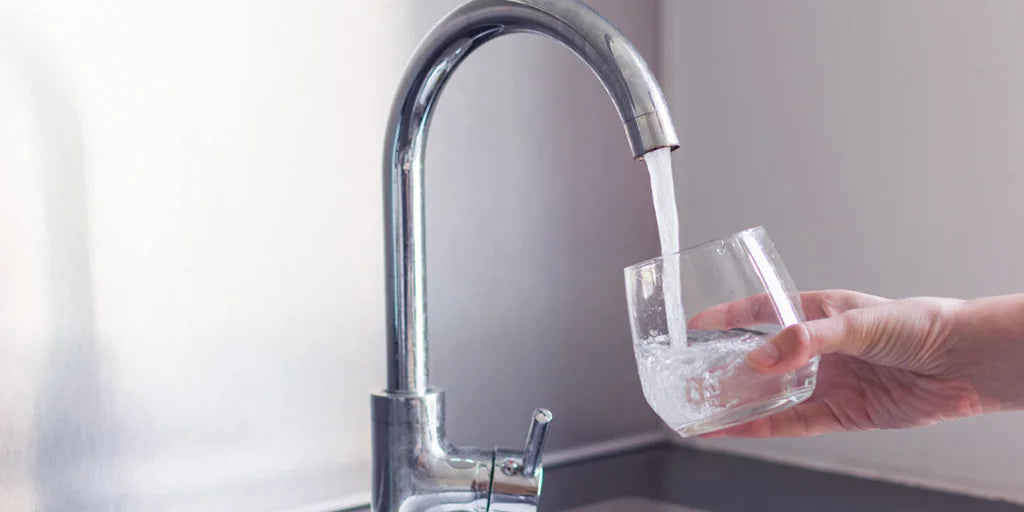
Der Zugang zu sauberem und sicherem Trinkwasser ist entscheidend für die Gesundheit. Verunreinigtes Wasser kann zu durch Wasser übertragenen Krankheiten führen, die ganze Bevölkerungen betreffen können. Der Zugang aller Menschen zu sicherem Trinkwasser ist unerlässlich, um weit verbreitete Krankheiten zu verhindern und das allgemeine Wohlbefinden zu fördern.
Die Auswirkungen von verunreinigtem Trinkwasser auf die Gesundheit
Die Auswirkungen von verunreinigtem Trinkwasser auf die Bevölkerung sind erheblich, da es zu verschiedenen Gesundheitsproblemen und dem Ausbruch von durch Wasser übertragenen Krankheiten führen kann . Die öffentliche Gesundheit wird stark beeinträchtigt, wenn Menschen kontaminiertem Wasser ausgesetzt sind, was zu Durchfall, Cholera und Typhus führen kann. Präventionsmaßnahmen wie Wasserfiltersysteme und regelmäßige Wasserqualitätsprüfungen sind für die Sicherheit des Trinkwassers unerlässlich. Ohne Zugang zu sauberem und sicherem Wasser riskieren Gemeinden schwerwiegende gesundheitliche Folgen. Daher ist es unerlässlich, der Verbesserung der Wasserqualität und der Hygiene weltweit Priorität einzuräumen.
Durch Wasser übertragene Krankheiten und ihre Auswirkungen auf die Bevölkerung
Der Zugang zu sauberem und sicherem Trinkwasser ist entscheidend für die Vorbeugung von durch Wasser übertragenen Krankheiten und den Schutz der Gesundheit der Bevölkerung weltweit. Die Prävention von durch Wasser übertragenen Krankheiten ist von entscheidender Bedeutung, da verunreinigte Wasserquellen zu Krankheiten wie Cholera, Ruhr und Typhus führen können, von denen Millionen Menschen weltweit betroffen sind.
Diese Krankheiten stellen eine erhebliche Bedrohung für die Gesundheit der Bevölkerung dar, insbesondere in Entwicklungsländern mit eingeschränktem Zugang zu sauberem Wasser. Globale Initiativen zur Bekämpfung der Wasserverschmutzung, wie die Einführung von Wasserfiltersystemen und Hygieneprogrammen, spielen eine Schlüsselrolle bei der Eindämmung der Ausbreitung wasserbedingter Krankheiten.
Wasserprobleme in verschiedenen Ländern
Sie stehen in verschiedenen Ländern vor verschiedenen Wasserproblemen, darunter Wasserknappheit in Entwicklungsländern und Wasserverschmutzung in Industrieländern. Diese Herausforderungen betreffen Millionen von Menschen weltweit und beeinträchtigen den Zugang zu sauberem und sicherem Trinkwasser, das für Gesundheit und Wohlbefinden unerlässlich ist. Die Bewältigung dieser Probleme erfordert gemeinsame Anstrengungen und innovative Lösungen, um weltweit ein nachhaltiges Wassermanagement zu gewährleisten.
Wasserknappheit in Entwicklungsländern
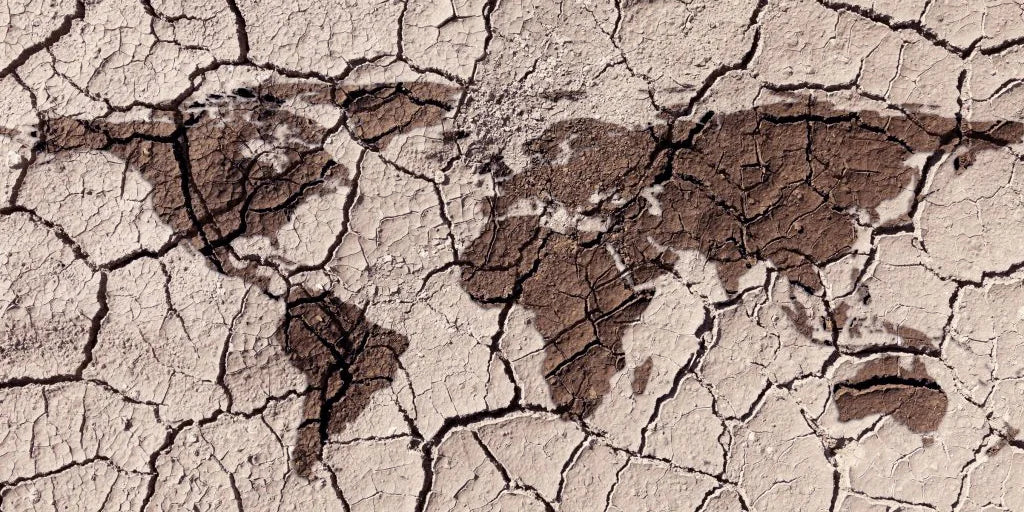
Wasserknappheit stellt in Entwicklungsländern eine große Herausforderung dar und wirkt sich auf die Bevölkerung in verschiedenen Ländern aus. Die Sanitärkrise in diesen Regionen wird durch den fehlenden Zugang zu sauberen Wasserquellen, insbesondere in ländlichen Gemeinden, verschärft. Dieser Mangel schränkt nicht nur die täglichen Aktivitäten ein, sondern führt aufgrund mangelnder Hygiene und sanitärer Einrichtungen auch zu einem Anstieg wasserbedingter Krankheiten. Um diesen Problemen entgegenzuwirken, werden nachhaltige Lösungen wie Regenwassernutzung, Gemeinschaftsbrunnen und Filtersysteme umgesetzt.
Der Fortschritt wird jedoch durch den langsamen Ausbau der Infrastruktur in diesen Gebieten behindert. Die Bekämpfung der Wasserknappheit in Entwicklungsländern erfordert einen vielschichtigen Ansatz, der die Gesundheit und das Wohlbefinden dieser gefährdeten Bevölkerungsgruppen in den Vordergrund stellt.
Wasserverschmutzung und schlechte Wasserqualität in Industrieländern
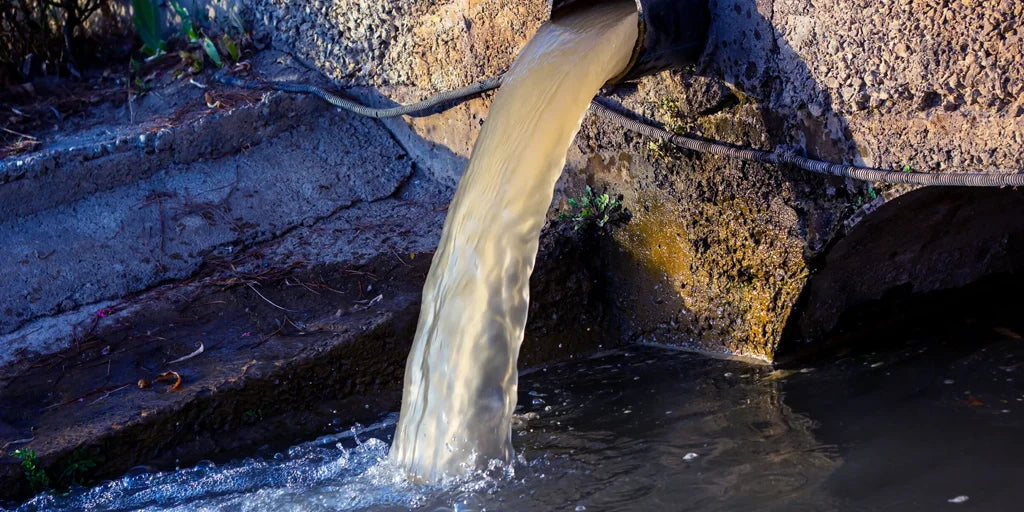
Trotz des Fortschritts in den Industrieländern bleiben Wasserverschmutzung und schlechte Wasserqualität weltweit eine drängende Herausforderung. Maßnahmen zur Schadstoffbekämpfung sind unerlässlich, um die negativen Auswirkungen von Industrieabfällen auf die öffentliche Gesundheit und die Umwelt zu mildern.
Die Auswirkungen verunreinigter Wasserquellen auf die öffentliche Gesundheit unterstreichen die dringende Notwendigkeit verbesserter Wasseraufbereitungsanlagen. Die Lösung dieser Probleme ist für den Schutz der Umwelt und das Wohlergehen der Bevölkerung in Industrieländern unerlässlich.

Methoden zur Wasserfiltration in verschiedenen Ländern
Traditionelle Methoden wie Abkochen und Chlorieren werden in vielen Ländern häufig zur Wasserfilterung eingesetzt. Moderne Technologien wie Filtersysteme erfreuen sich zunehmender Beliebtheit, um sauberes Wasser zu gewährleisten. Auch kommunale Filterprojekte haben sich als wirksame Methode erwiesen, um einer größeren Bevölkerung sauberes Trinkwasser zur Verfügung zu stellen.
Traditionelle Methoden: Kochen und Chlorieren
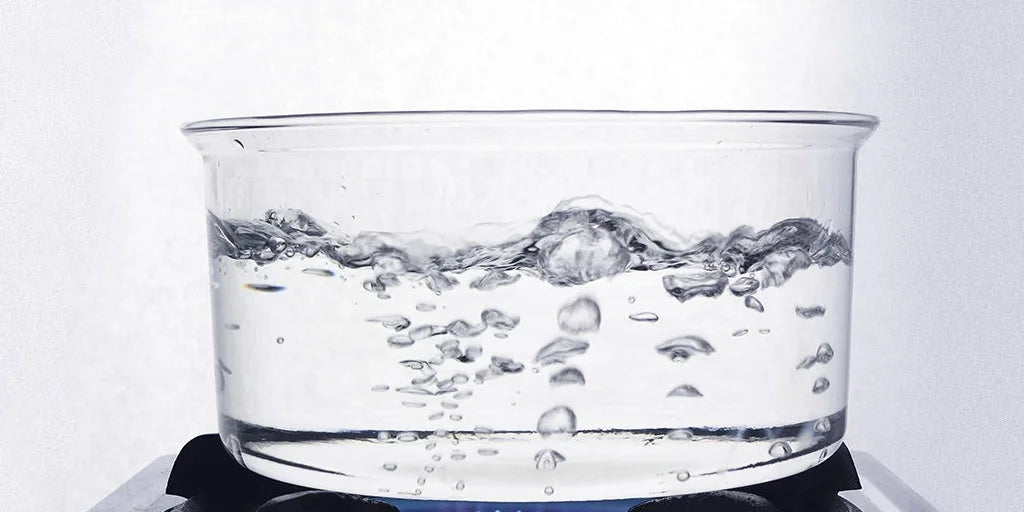
In verschiedenen Regionen setzen Haushalte traditionell auf traditionelle Methoden wie Abkochen und Chlorieren, um ihr Trinkwasser zu reinigen. Hier ein genauerer Blick auf diese Methoden:
- Abkochen vs. Chlorieren : Während das Abkochen von Wasser die meisten Krankheitserreger wirksam abtöten kann, bietet das Chlorieren einen länger anhaltenden Schutz vor einer erneuten Kontamination.
- Effektive Reinigung : Sowohl das Abkochen als auch die Chlorierung entfernen oder töten schädliche Bakterien, Viren und Parasiten im Wasser.
- Auswirkungen auf die globale Gesundheit : Diese traditionellen Methoden verhindern durch Wasser übertragene Krankheiten und verbessern die globale Gesundheitssituation, insbesondere in Regionen mit eingeschränktem Zugang zu fortschrittlichen Filtertechnologien.
Filterprojekte auf Gemeindeebene
Moderne Technologien wie Filtersysteme haben die Wasserqualität in verschiedenen Regionen deutlich verbessert und weltweit zur Umsetzung von Filterprojekten auf Gemeindeebene geführt. Diese Projekte legen den Schwerpunkt auf nachhaltige Ansätze zur Versorgung der Gemeinden mit sauberem Wasser.
- Filterwartung : Eine regelmäßige Wartung des Filtersystems ist für optimale Leistung und Langlebigkeit entscheidend.
- Engagement der Gemeinschaft : Durch die Einbindung der örtlichen Gemeinschaft in diese Projekte wird ein Gefühl der Eigenverantwortung geschaffen und nachhaltige Praktiken gefördert.
- Wasserprüfung : Regelmäßige Wasserqualitätsprüfungen sind unerlässlich, um sicherzustellen, dass die Filtersysteme Verunreinigungen effizient beseitigen.
Moderne Technologien: Filtersysteme
Bei der Betrachtung von Wasserfiltrationsmethoden in verschiedenen Ländern werden moderne Technologien, wie Filtersysteme wie Wasserfilter für die Arbeitsplatte haben den Zugang zu sauberem Trinkwasser revolutioniert. Fortschrittliche Filtertechniken, Teil globaler Initiativen, bieten nachhaltige Lösungen für den Zugang zu sauberem Wasser.
Diese hochmodernen Wassertechnologien sind für Gemeinden weltweit von entscheidender Bedeutung und gewährleisten die Verfügbarkeit von sauberem Wasser. In vielen Regionen konnte durch den Einsatz moderner Filtersysteme die Wasserqualität deutlich verbessert werden, was letztendlich zu einer besseren Gesundheit führt. Der Fokus auf nachhaltige Lösungen durch innovative Wassertechnologie unterstreicht die Bedeutung von sauberem Wasser für alle.
FAQs
Werden in abgelegenen oder ländlichen Gebieten innovative Technologien zur Wasserfilterung eingesetzt?
Innovative Technologien wie mobile Lösungen und dezentrale Systeme verändern die Wasserfiltration in abgelegenen Gebieten. Das Engagement der Bevölkerung ist entscheidend, um die Kostenprobleme zu lösen. Bleiben Sie über die Fortschritte für einen saubereren Zugang zu Wasser auf dem Laufenden.
Welche wirtschaftlichen Auswirkungen hat eine Investition in nachhaltige Wasserfilterlösungen auf globaler Ebene?
Investitionen in nachhaltige Wasserfilterlösungen auf globaler Ebene haben erhebliche wirtschaftliche Auswirkungen. Sie fördern die Umwelt, die Kosteneffizienz, die öffentliche Gesundheit, globale Partnerschaften und eine nachhaltige Entwicklung. Diese Vorteile verdeutlichen, wie wichtig es ist, langfristigen Initiativen zur Verbesserung der Wasserqualität Priorität einzuräumen.
Abschluss
Zusammenfassend lässt sich sagen, dass der Zugang zu sauberem und sicherem Trinkwasser für die Gesundheit und das Wohlbefinden der Menschen weltweit von entscheidender Bedeutung ist. Verschiedene Länder stehen bei der Wasserfiltration vor individuellen Herausforderungen, doch technologische Fortschritte und innovative Lösungen tragen dazu bei, diesen Bedarf zu decken. Durch globale Zusammenarbeit können wir die Wasserqualität weiter verbessern und diese wichtige Ressource allen Menschen zur Verfügung stellen.




